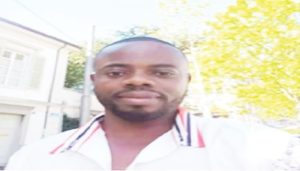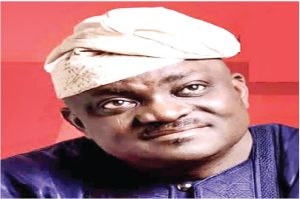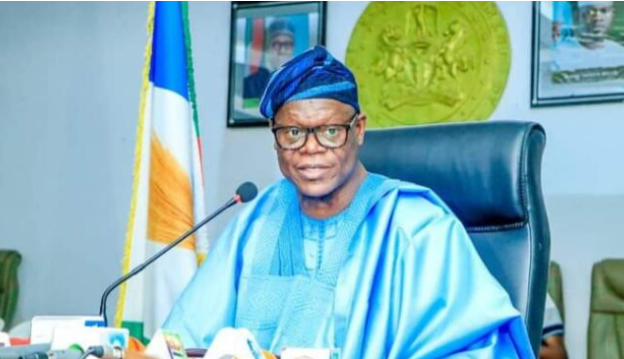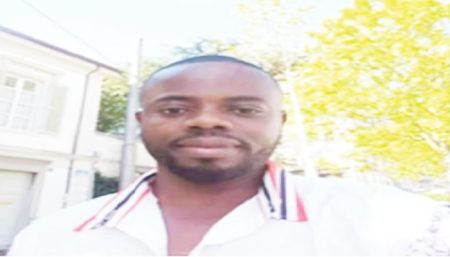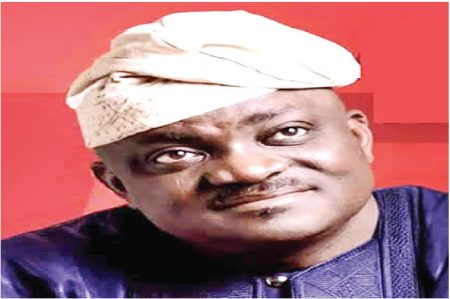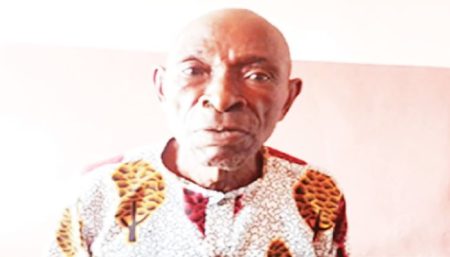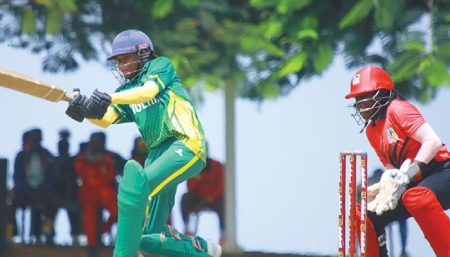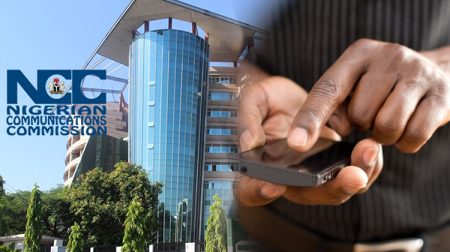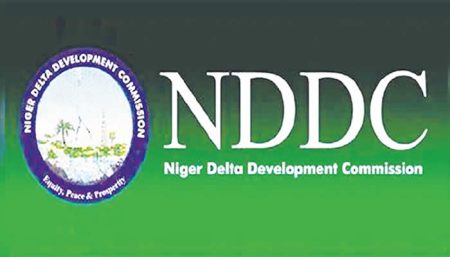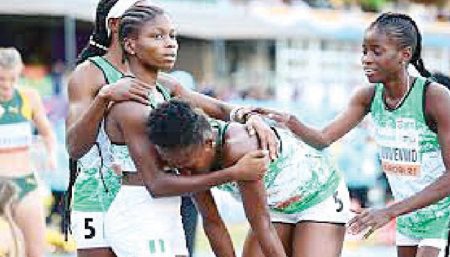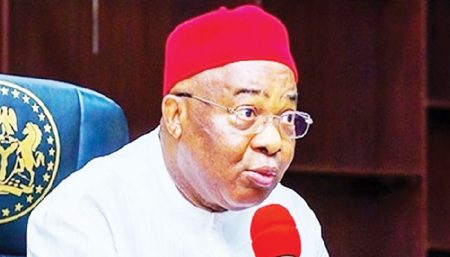Former Minister of Youth and Sports Development, Solomon Dalung, has ignited a political firestorm with his allegations of a powerful cabal controlling President Bola Tinubu’s administration. Dalung, in a recent interview, asserted that the President has not been in full control of his government since his inauguration on May 29, 2023. He claims to have foreseen this scenario, even warning Yoruba elders prior to the inauguration that a sophisticated cabal had already hijacked Tinubu’s government. He points to the immediate removal of fuel subsidies as a prime example, highlighting the absence of a cabinet at the time of the decision and the subsequent economic hardship it unleashed on Nigerians. Dalung likens his position to that of the biblical prophet Jeremiah, foreseeing impending doom and now witnessing the unfolding consequences. He further draws a comparison to the alleged cabal during former President Muhammadu Buhari’s tenure, arguing that the current cabal is far more dangerous due to its members’ experience, cunning, and ambition.
The All Progressives Congress (APC), however, has vehemently dismissed Dalung’s accusations. APC National Secretary, Ajibola Basiru, questioned Dalung’s credibility and dismissed his claims as lacking intellectual depth. He criticized Dalung’s performance as a minister, implying that his lack of success in that role disqualifies him from commenting on matters of governance. Basiru also challenged the logic of the cabal theory, emphasizing the presence and active functioning of democratic institutions like the National Assembly. He questioned how a cabal could operate with such oversight and characterized Dalung’s analysis as lazy and unsubstantiated. Furthermore, Basiru accused Dalung and other critics of being unable to accept their electoral defeat in 2023, suggesting their accusations are simply attempts to discredit the government and undermine its progress.
Dalung’s claims, if substantiated, raise serious concerns about the democratic process and the potential for unelected individuals to wield undue influence over government decisions. His comparison of the current alleged cabal to the one purportedly present during the Buhari administration further underscores the potential for such behind-the-scenes maneuvering to become entrenched in the political system. The immediate removal of fuel subsidies, a decision with far-reaching economic consequences, serves as the focal point of his argument, highlighting the potential for a cabal to enact sweeping policy changes without proper consultation or consideration of the impact on the populace. The fact that this decision was made before the formation of a cabinet adds weight to Dalung’s claim, suggesting a concentration of power in a select few.
The APC’s response, however, frames Dalung’s accusations as the disgruntled pronouncements of a sore loser. By highlighting Dalung’s past performance and questioning his credibility, the APC attempts to discredit his claims and portray them as politically motivated. Their emphasis on the functioning of the National Assembly serves to reinforce the image of a properly functioning democracy, where checks and balances prevent the emergence of a powerful, unelected cabal. This contrasting perspective raises questions about the validity of Dalung’s claims and whether they are rooted in genuine concern or simply a reflection of his political disappointments.
This clash of narratives exposes a deeper tension within the Nigerian political landscape – the tension between the official presentation of a functioning democracy and the persistent suspicion of behind-the-scenes manipulation. Dalung’s accusations tap into a common anxiety among citizens, the fear that elected officials are not truly in control and that hidden forces are dictating policy. The APC’s dismissive response, while aiming to maintain the image of a stable and democratic government, risks further fueling these anxieties if it fails to adequately address the concerns raised. The ongoing debate underscores the need for transparency and accountability within the government to dispel such suspicions and maintain public trust.
The controversy surrounding Dalung’s accusations highlights the importance of critical discourse and the need for ongoing scrutiny of government actions. While the APC dismisses Dalung’s claims, the concerns he raises warrant further investigation and open dialogue. A healthy democracy thrives on the free exchange of ideas and the ability to question those in power. Dismissing dissenting voices, especially those of former government officials, can create an environment of distrust and stifle meaningful debate. The future of Nigerian democracy depends on the ability of its institutions to address these concerns transparently and to ensure that power remains in the hands of those duly elected by the people.


